The Greater Noida Industrial Development Authority (GNIDA) has issued a tender to start work on its new Master Plan 2041, which aims to improve the city's basic infrastructure and meet the demands of a growing population over the next 15-20 years. The plan will focus on upgrading essential systems, including drinking water supply, sewage, and stormwater drainage.
According to the tender details, GNIDA will build upon the population projections made in the previous Master Plan 2021. Based on these population estimates, the plan will address the necessary upgrades to drinking water, drainage, and sewage treatment infrastructure.
GNIDA officials have set a pre-bid conference for November 14, allowing interested parties to clarify any questions about the tender, with final submissions due by November 28. The technical bids will be opened on December 2, and then officials will select a consultant for the project.
The selected consultant will be responsible for creating a detailed project report (DPR) that addresses the water, sewage, and stormwater drainage needs for the city through 2041. Saumya Srivastava, GNIDA’s Additional Chief Executive Officer, mentioned that the infrastructure planning would be based on current and future population pressures, aiming to upgrade the city's water supply, sewage, and drainage systems in line with both the 2021 and 2041 master plans.
As part of the DPR, the consultant will examine the existing water infrastructure, including storage facilities and distribution networks, assessing these systems from the water source all the way to the end users. The consultant will also review the Ganga Water treatment plant, forecast the city’s water demand for 2041, and design appropriate water supply schemes. This will involve the use of advanced digital tools, as the plan includes implementing a 24x7 water supply with proper metering and monitoring to ensure efficient water usage.
To achieve these goals, the project will be divided into two phases. The first phase will involve an initial review and immediate upgrades to existing infrastructure, including water auditing,
Geographic Information System (GIS) mapping of the water supply network, and establishing advanced operating systems. These initial improvements aim to ensure the city's water supply system operates reliably and meets the demands of the first few years.
In the second phase, the consultant will focus on detailed budgeting and the full implementation of infrastructure plans. This stage will include preparing a comprehensive plan for future improvements that cover the city’s expanding needs.
For sewage management, the consultant will collect data from GNIDA’s draft Master Plan 2041 to evaluate the existing sewerage systems. This review will include analyzing the current networks, treatment methods, and estimating future discharge requirements based on the 2041 population forecasts.
The consultant will focus on ensuring that the sewage treatment plants, both existing and planned, can handle this future load, incorporating sustainable water recycling models wherever possible. This part of the plan also involves environmental impact studies to ensure the sewage management systems align with environmental standards.
In addition to sewage, the consultant will address stormwater management. They will conduct a thorough assessment of the existing drainage network to identify any hydraulic issues or areas prone to waterlogging, especially during heavy rains.
To tackle these problems, the consultant will propose a range of solutions, such as planning new rainwater harvesting systems and surveying outfalls. They will also conduct a quantity analysis to understand how much stormwater needs to be managed, including input from community and environmental groups to ensure the stormwater systems effectively protect the city from flooding.
Image source- facebook.com

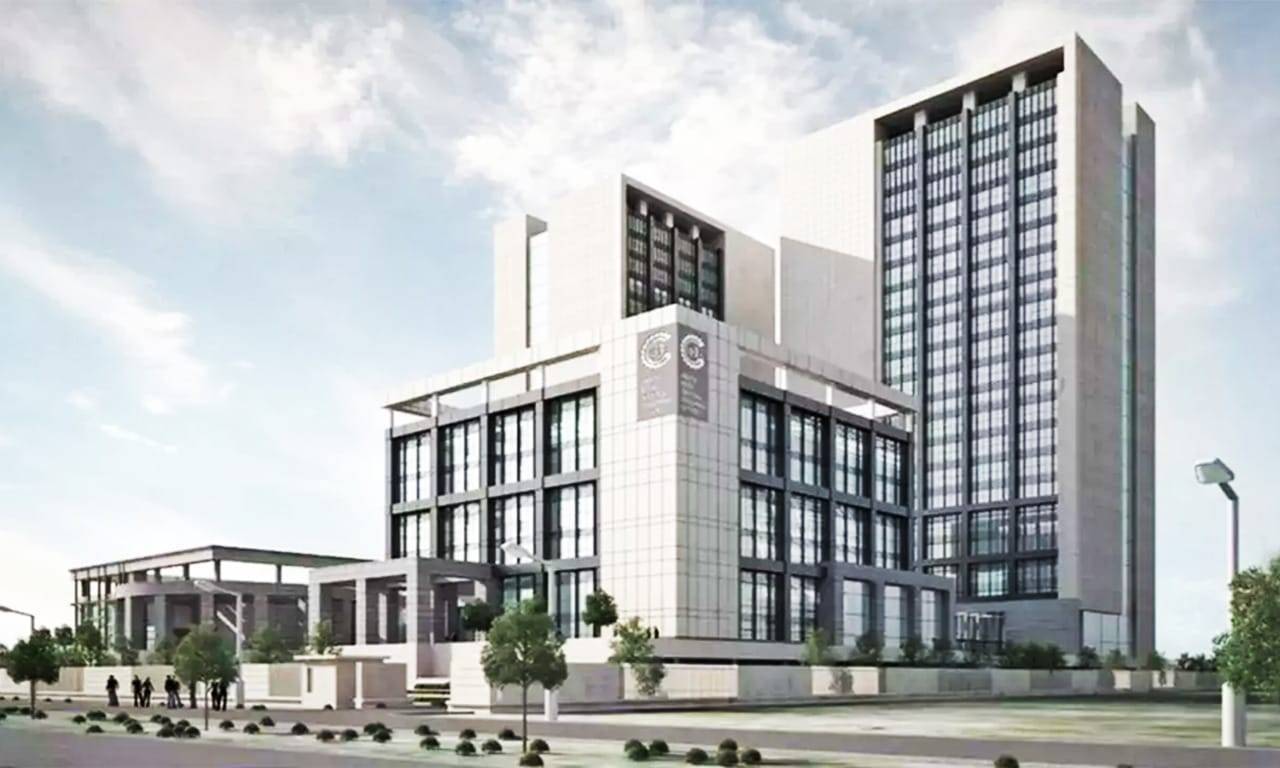

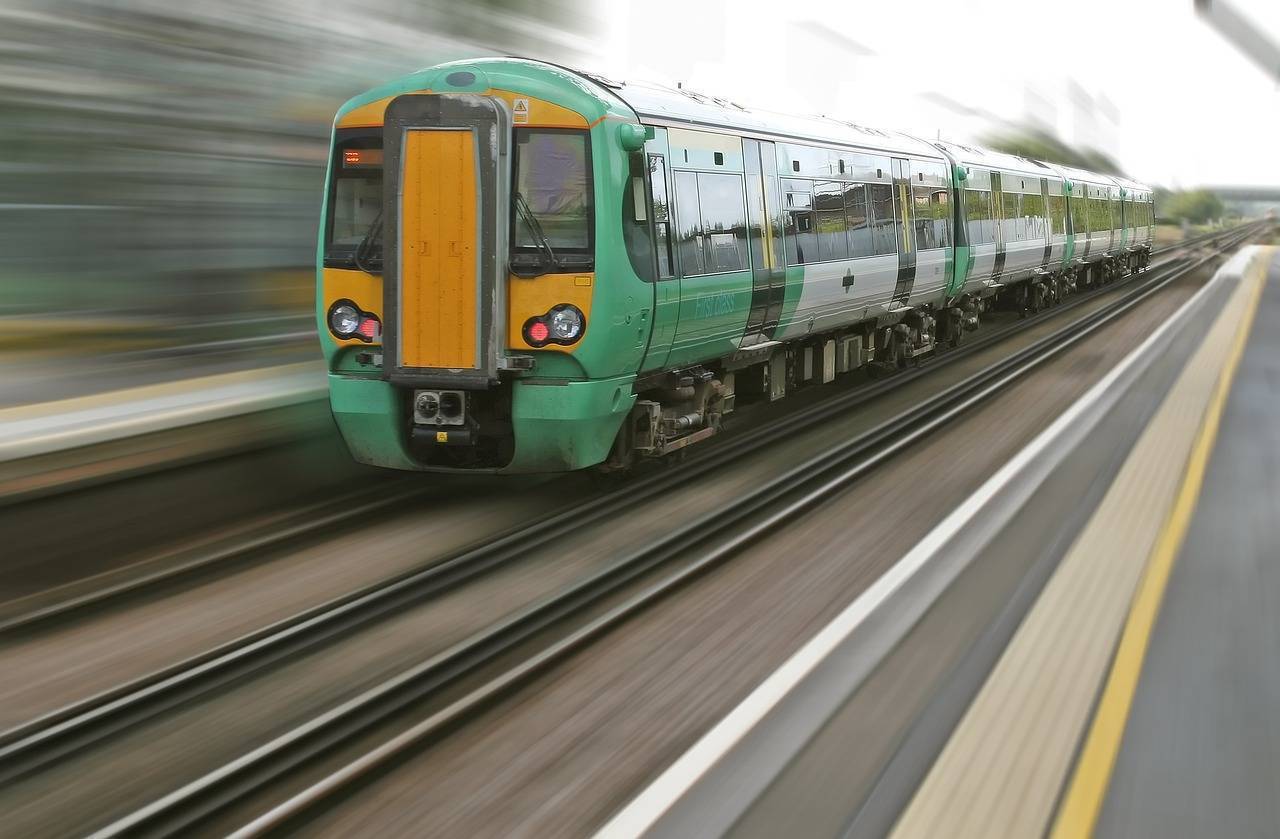
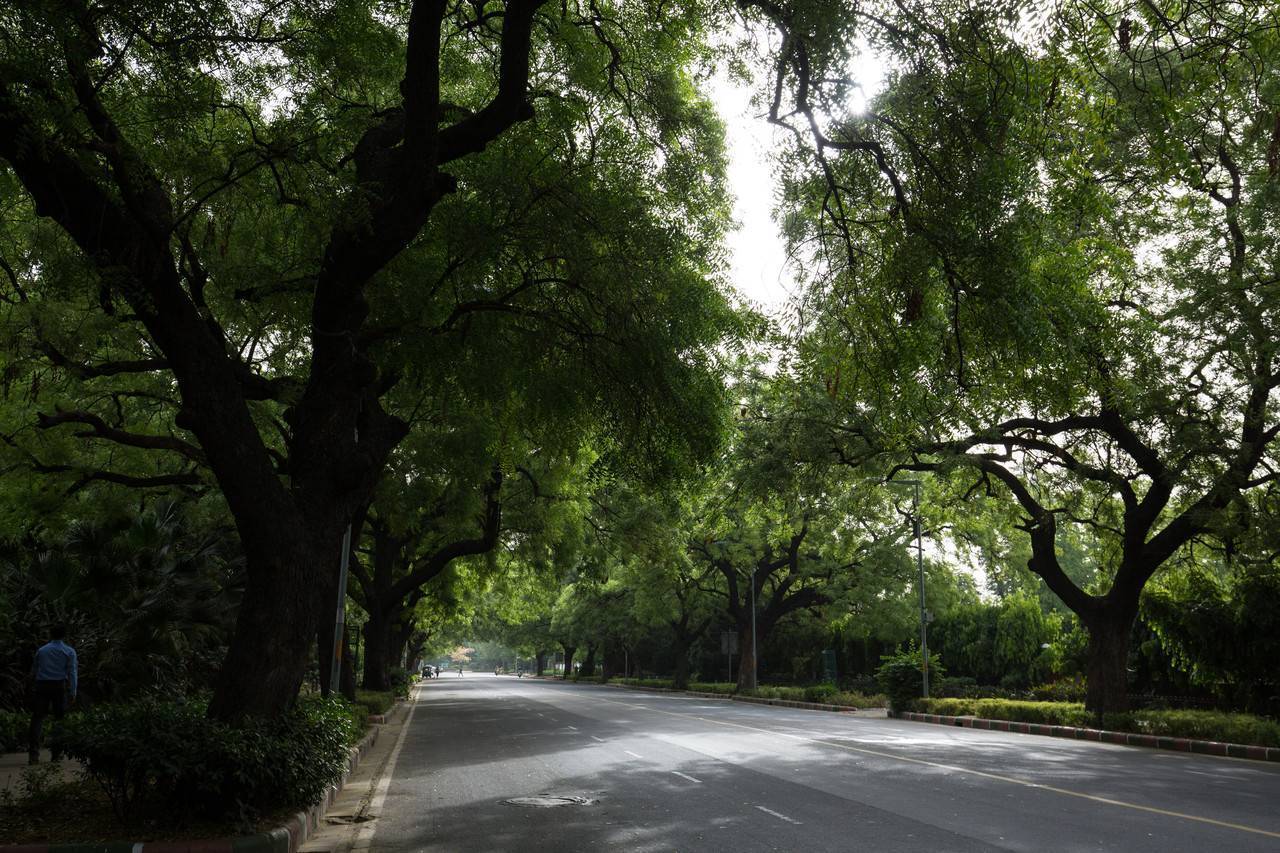
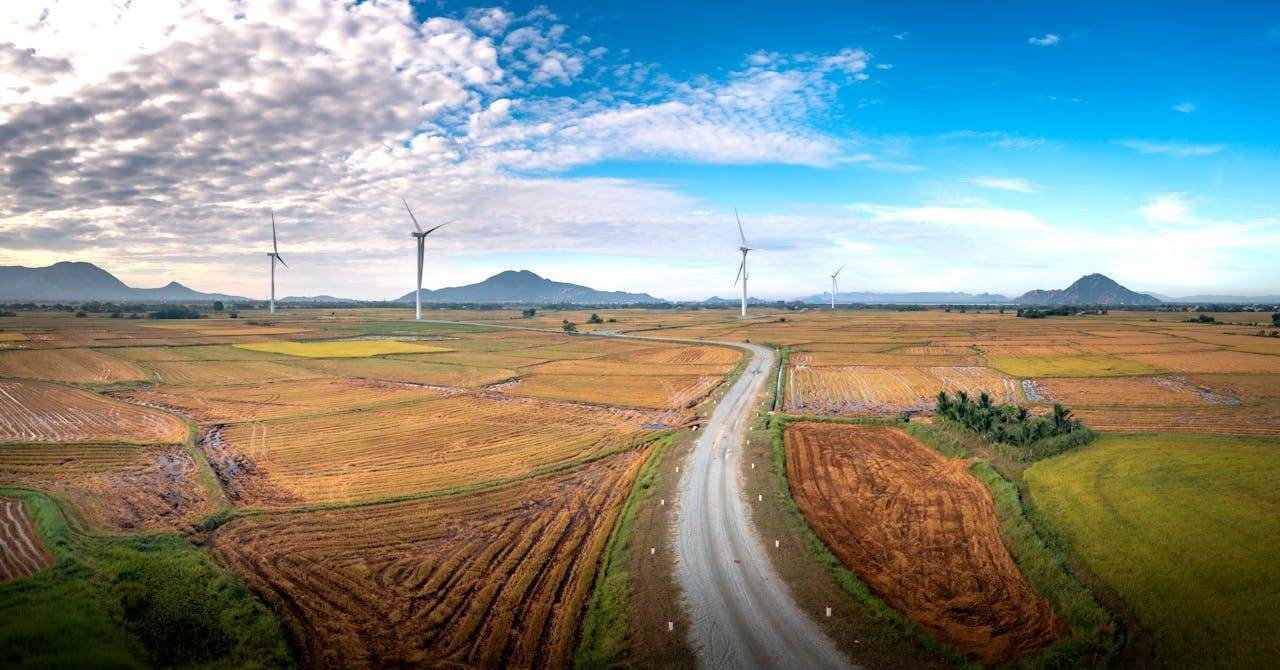

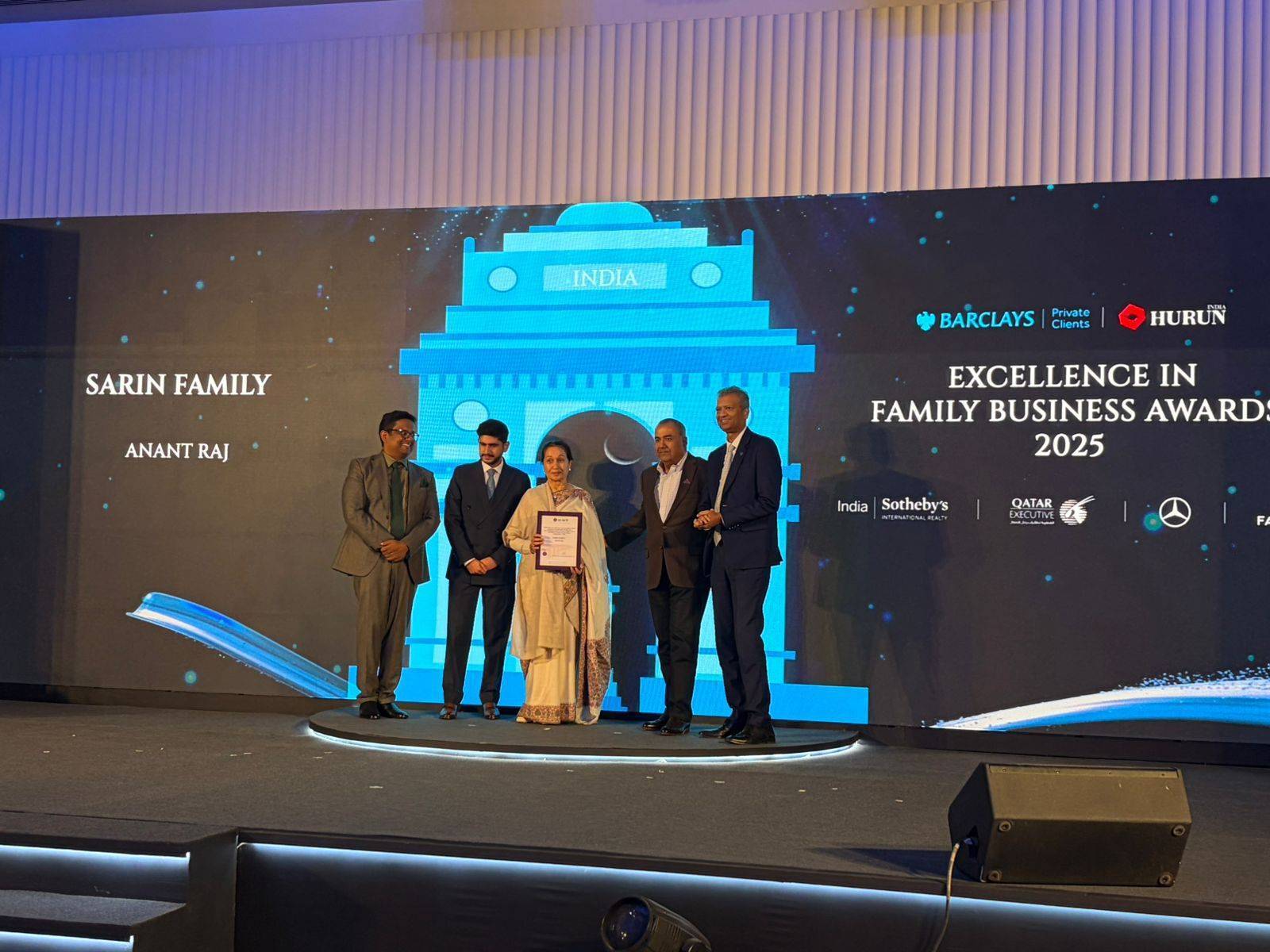

.png)